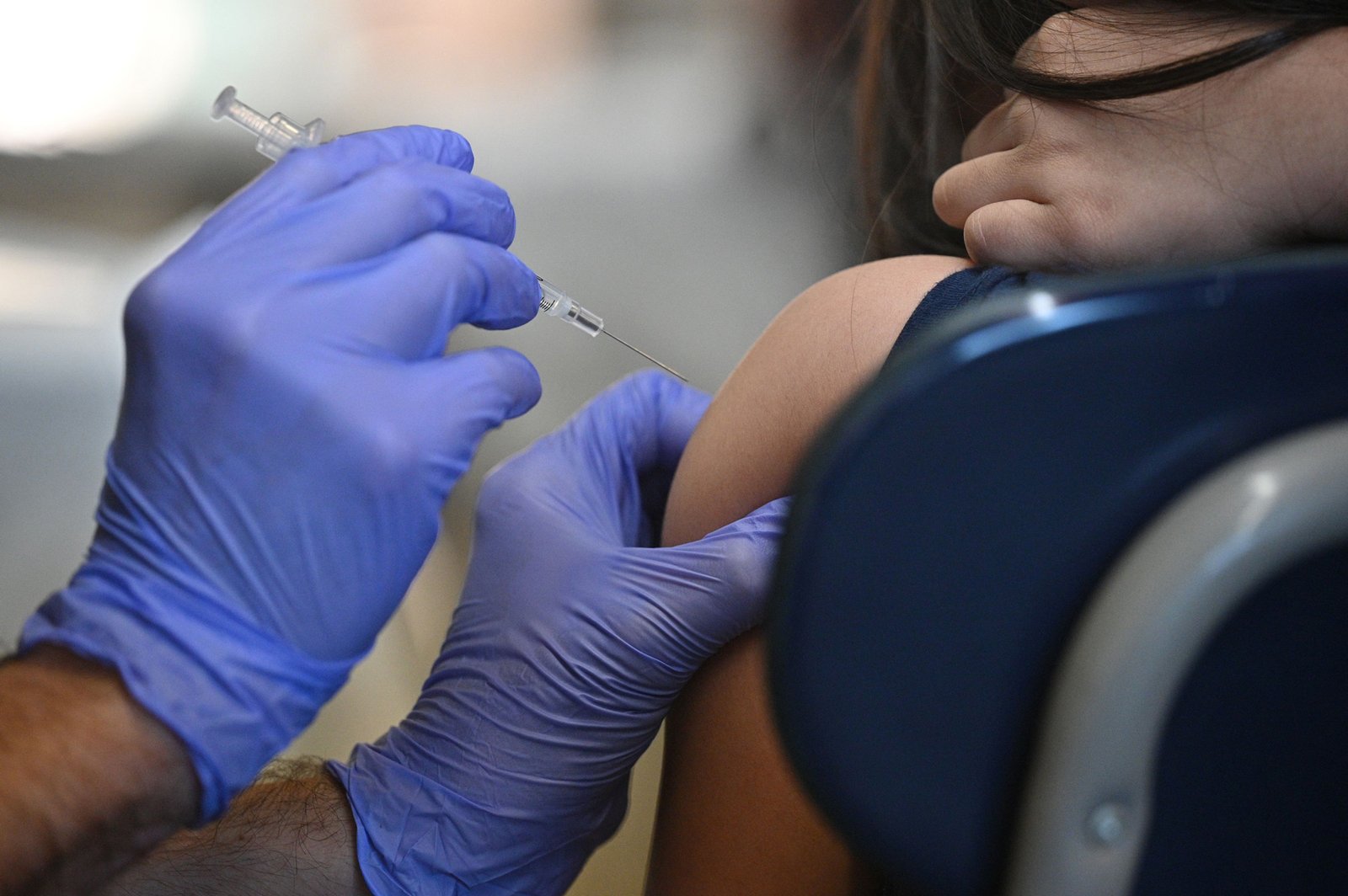The suit, filed last year against Opulous, detailed misleading promotion of the rapper as their flagship artist partnership
Lil Yachty‘s trademark infringement lawsuit filed against NFT seller Opulous over a year ago has been settled, according to court documents obtained by Rolling Stone.
The original suit alleges that the company, which does business as Ditto Music, used the rapper’s name, image, and general likeness to misleadingly portray him as their flagship artist partnership and raise more than $6.5 million in venture capital funds.
In the settlement document submitted April 11 by Lee James Parsons, founder of the Singapore-based company, the court was notified of the resolution, details of which have not been shared. The involved parties have requested 45 days “to confirm the settlement in writing and file a dismissal of the action.”
The selection of Lil Yachty as Opulous’ choice celebrity partnership had roots in an actual encounter between the two parties. Per the original lawsuit, the rapper participated in conference calls exploring the possibility of a collaboration, however “no agreement or deal terms” had been reached or agreed upon. Still, in June 2021, the company allegedly moved ahead with its NFT series claiming it would be “led by world-famous artists including Lil Yachty” and attached a photo of him for promotional purposes.
In December 2020, Lil Yachty ventured into crytocurrency on his own with YachtyCoin, an Ethereum-based token.
“Of course, it is axiomatic that in order to offer the ownership interest to any musician’s copyrighted work, defendant, Opulous, must first have the agreement and consent of the musician at issue to sell the copyright to his or her work, with the musician in turn entitled to a share of the proceeds from the sale thereof,” the lawsuit filed in federal court in Los Angeles stated.
Trending
The complaint seeks unspecified damages and claims the “defendant’s willful and intentional acts of unfair competition and false advertisement have caused and continue to cause great and irreparable injury and damage to plaintiff’s business and goodwill.”




